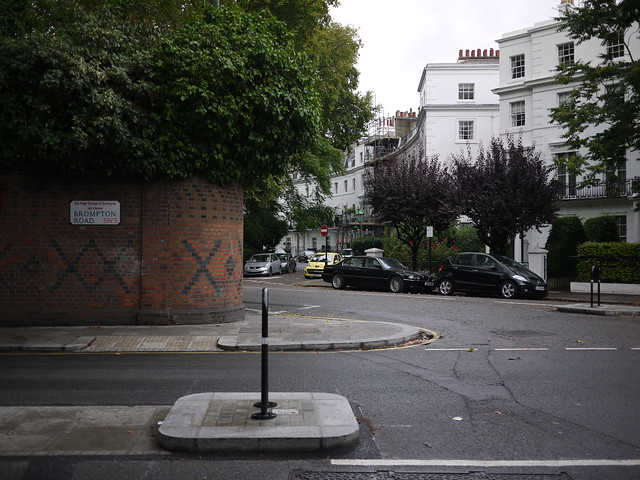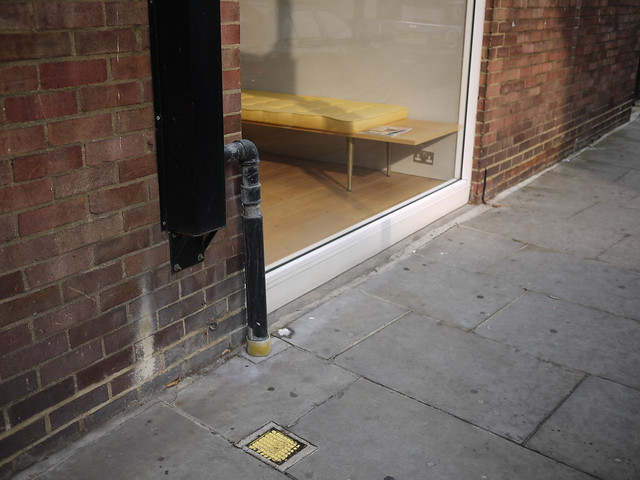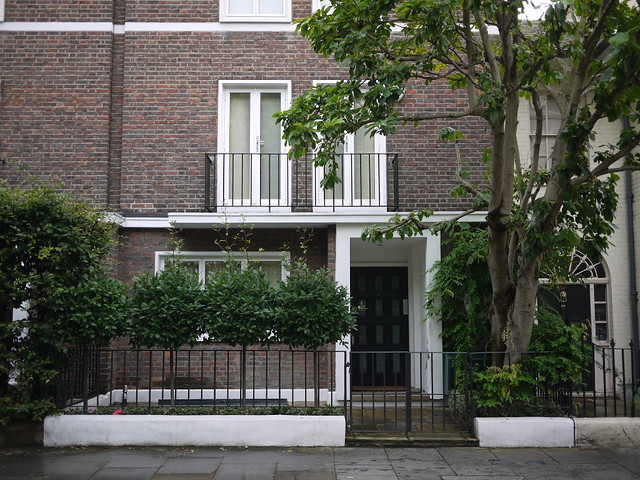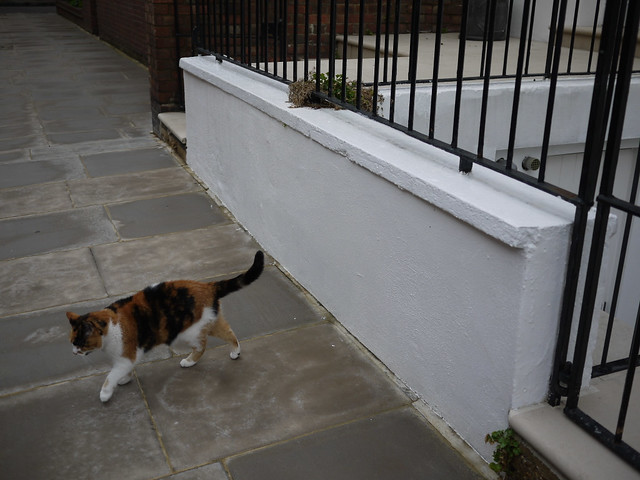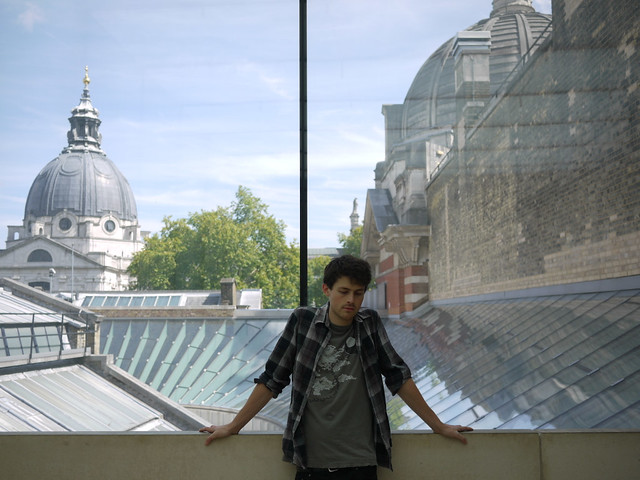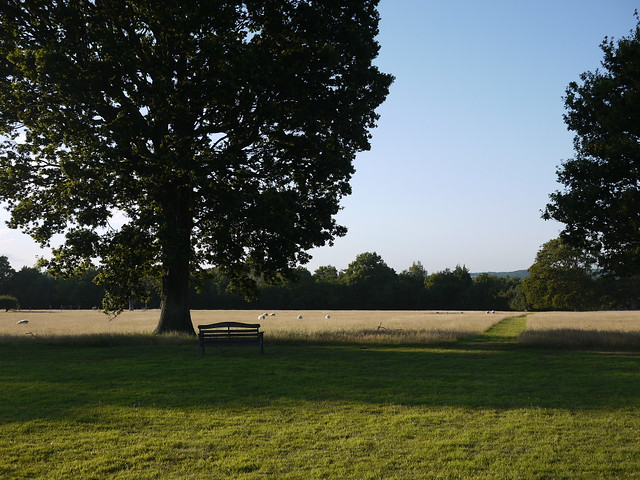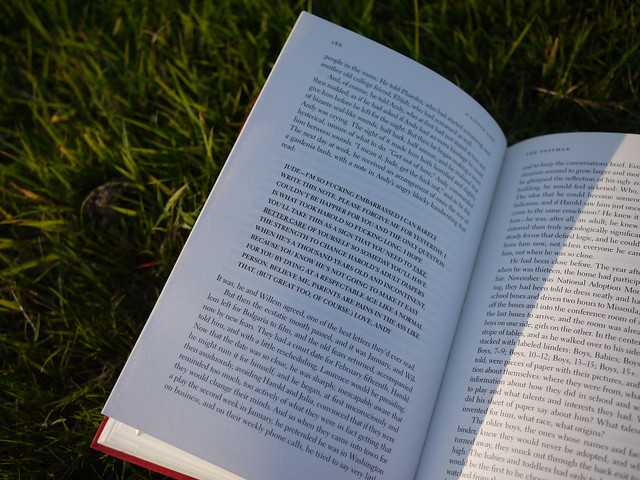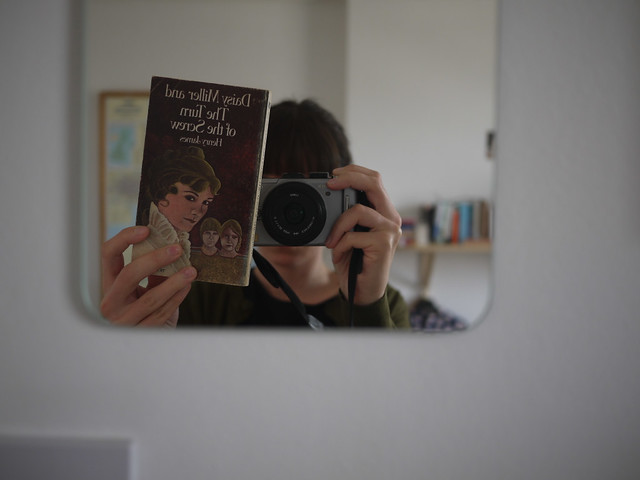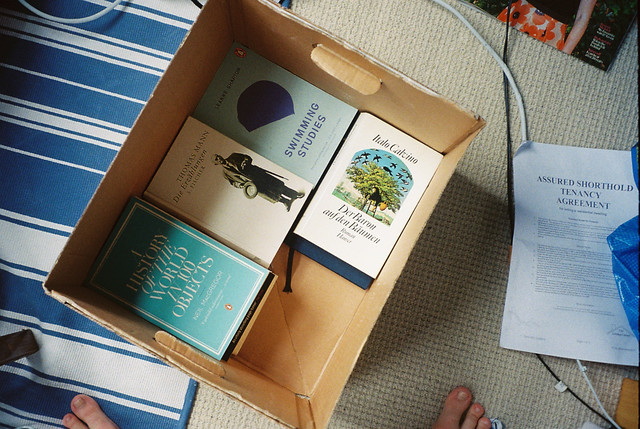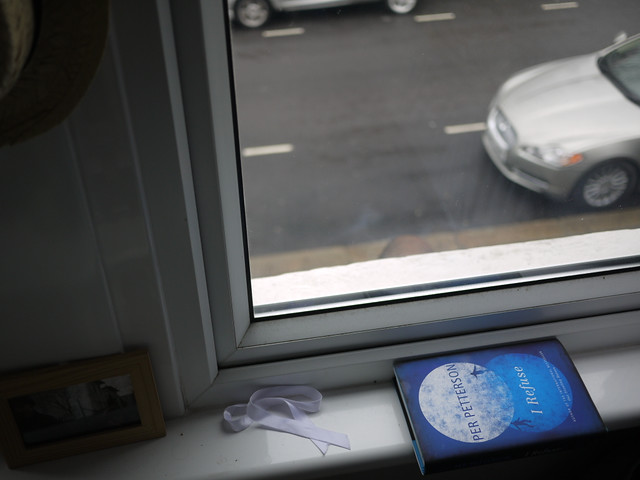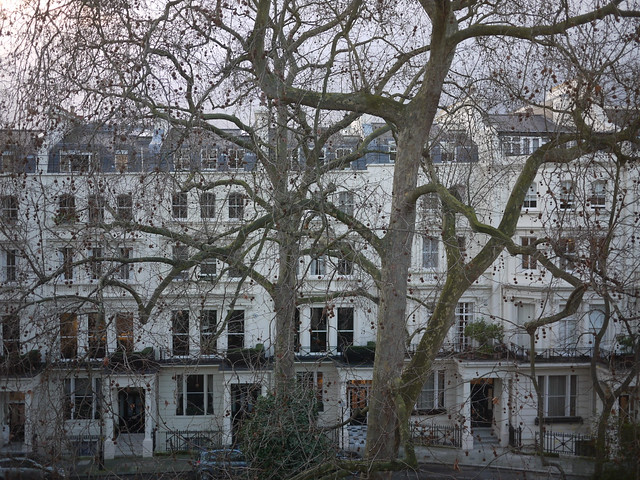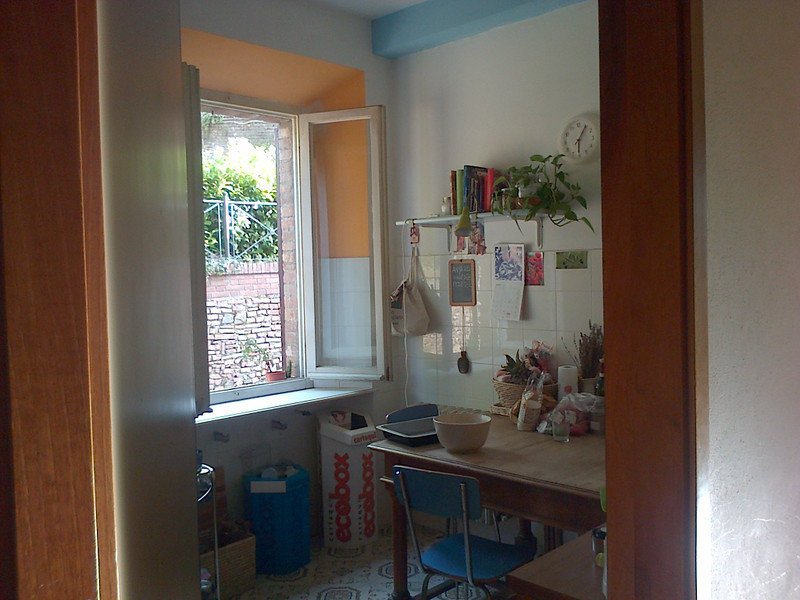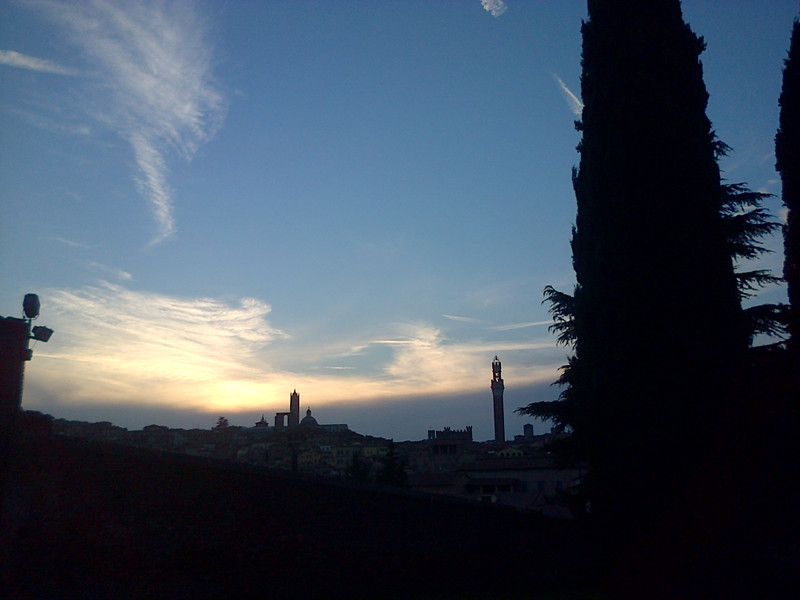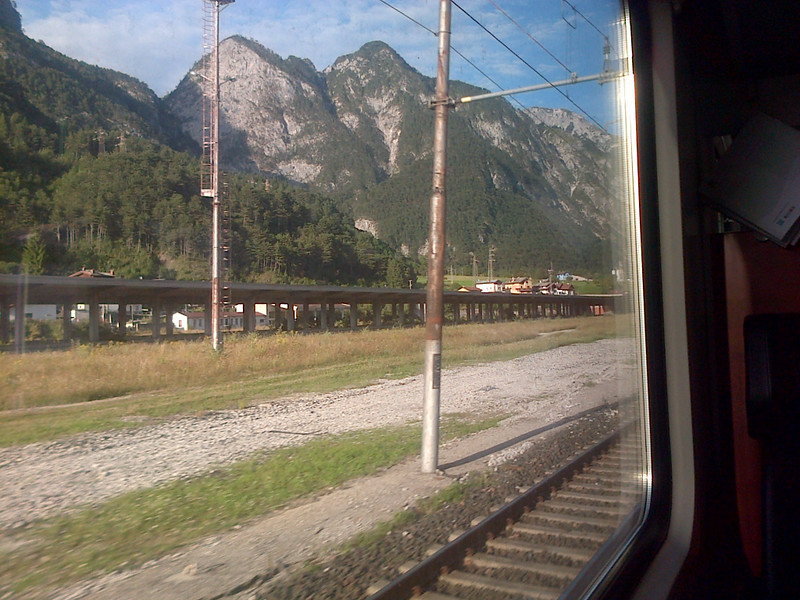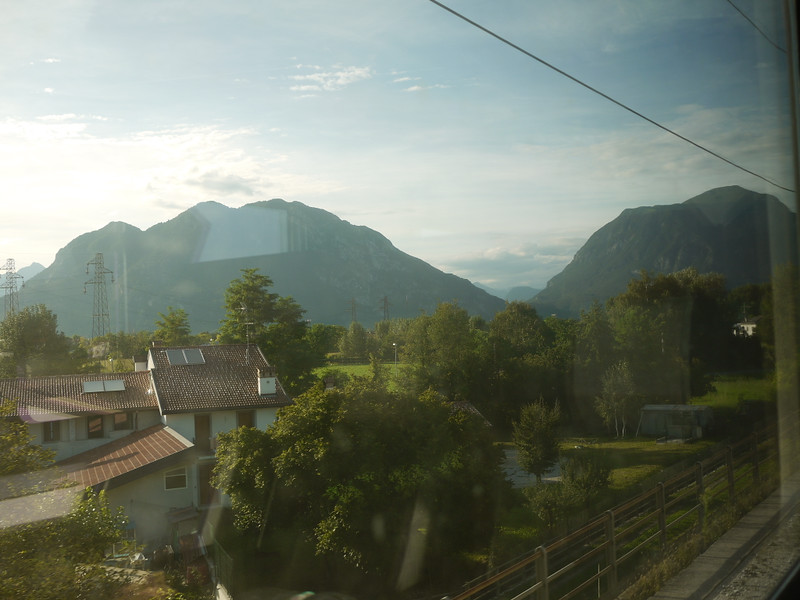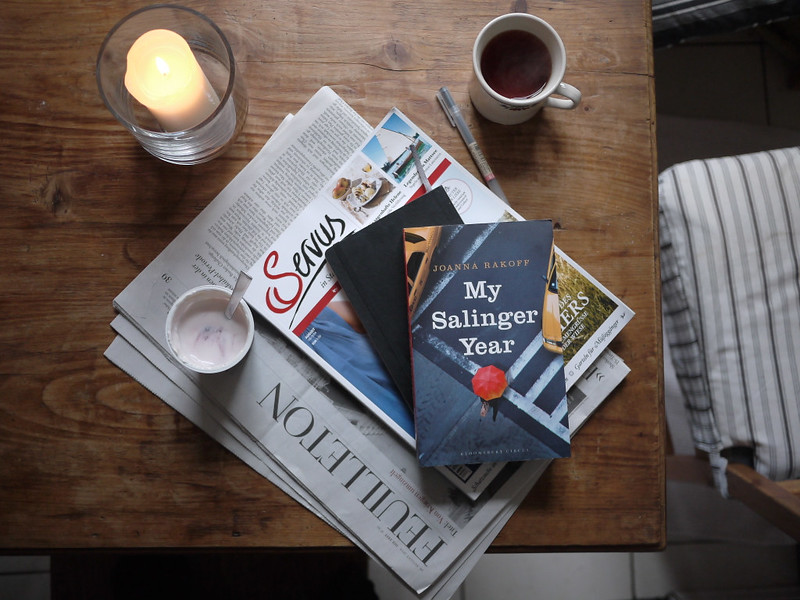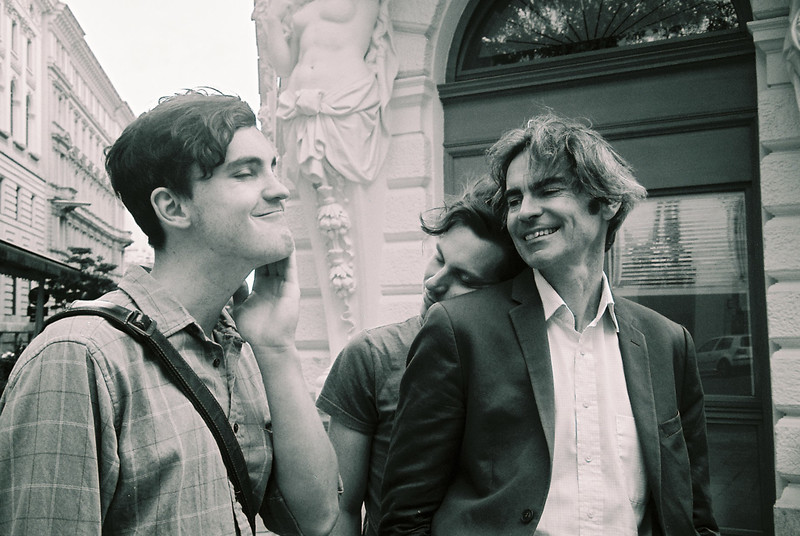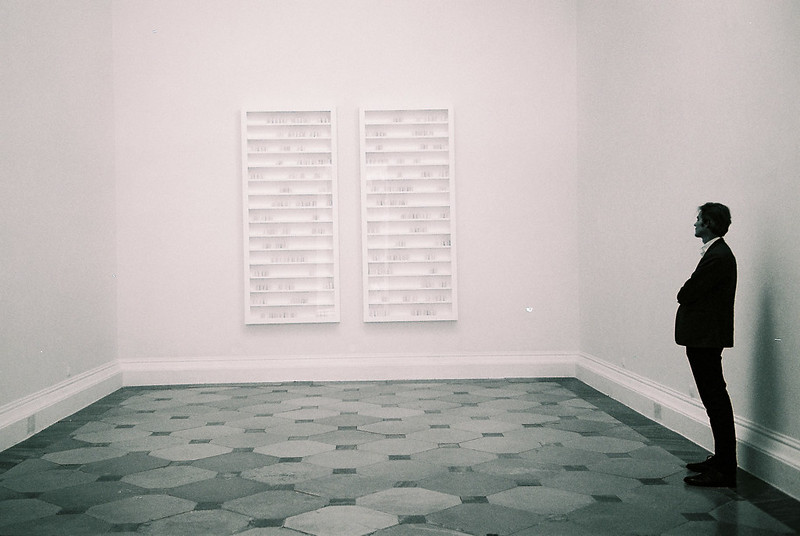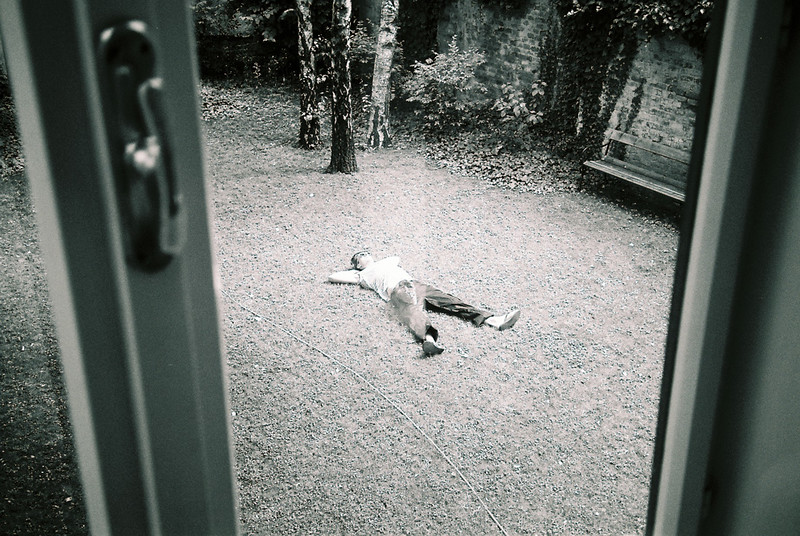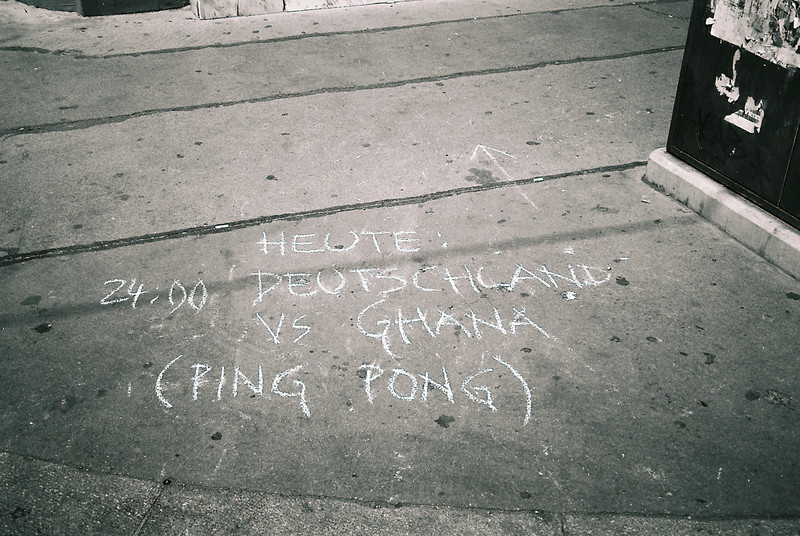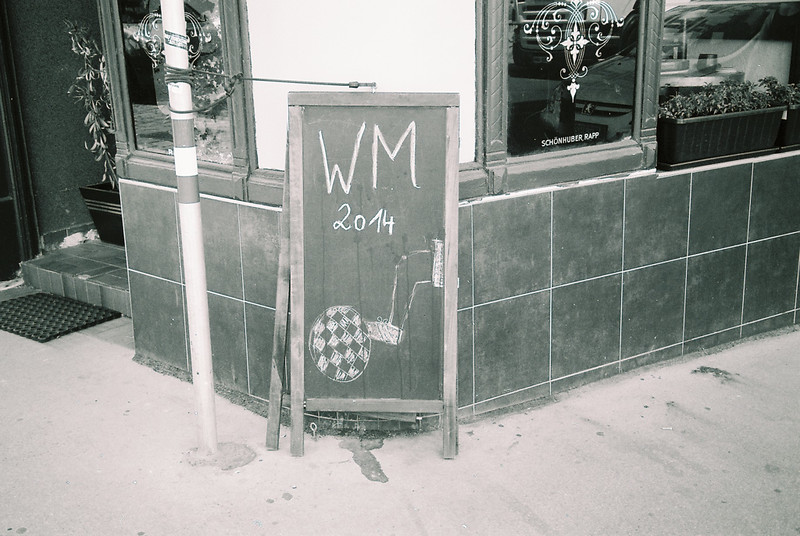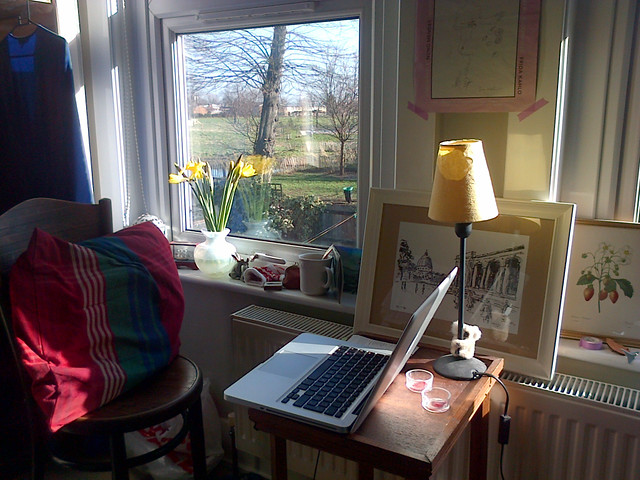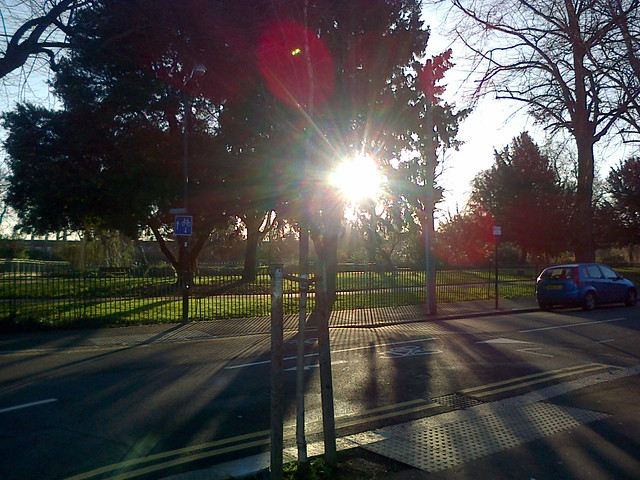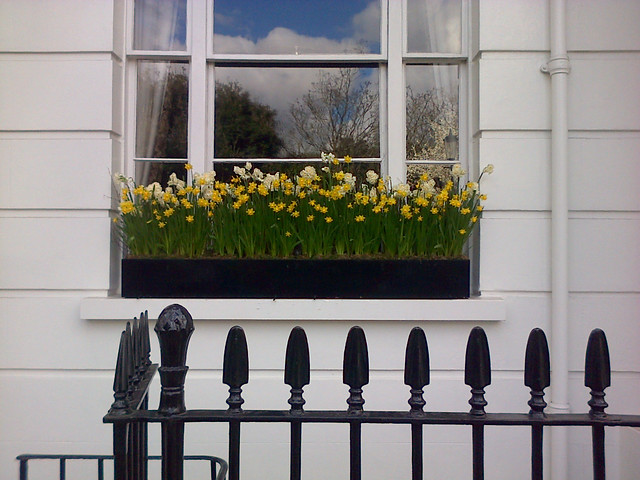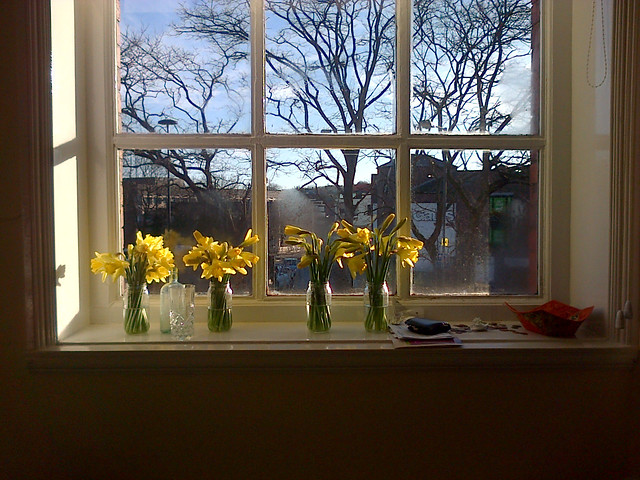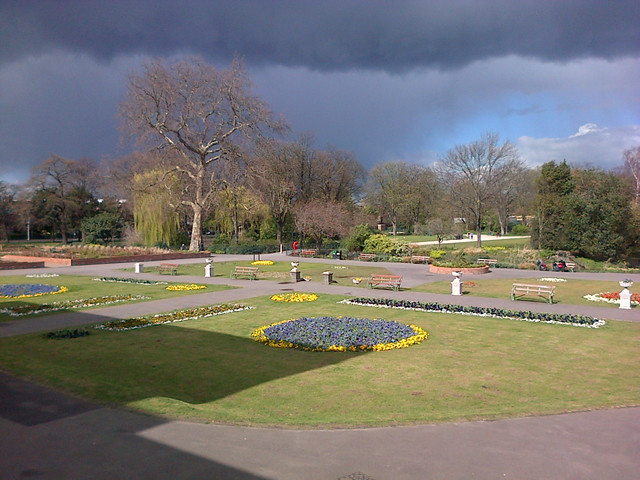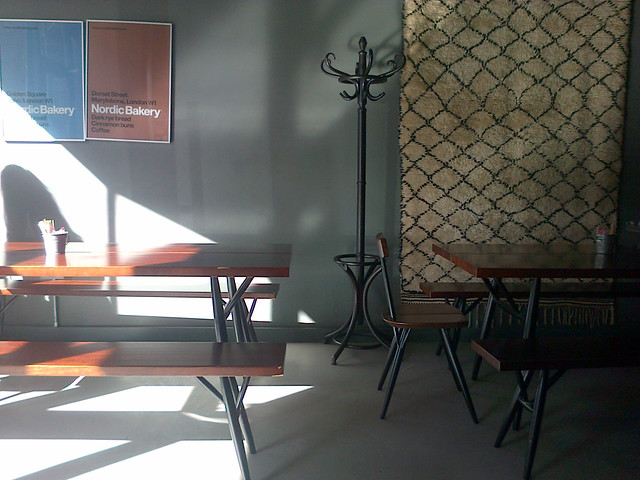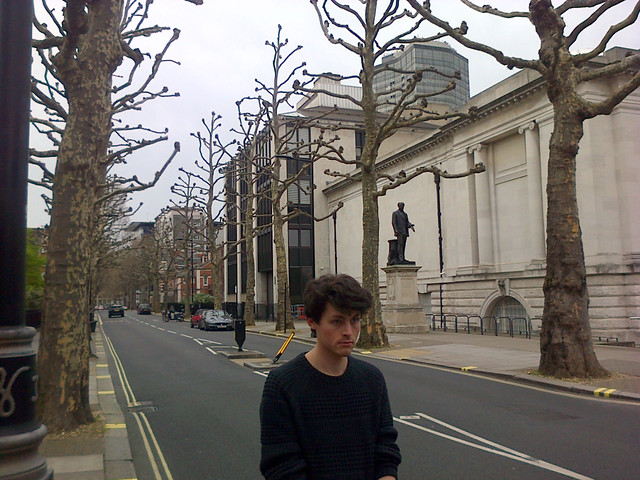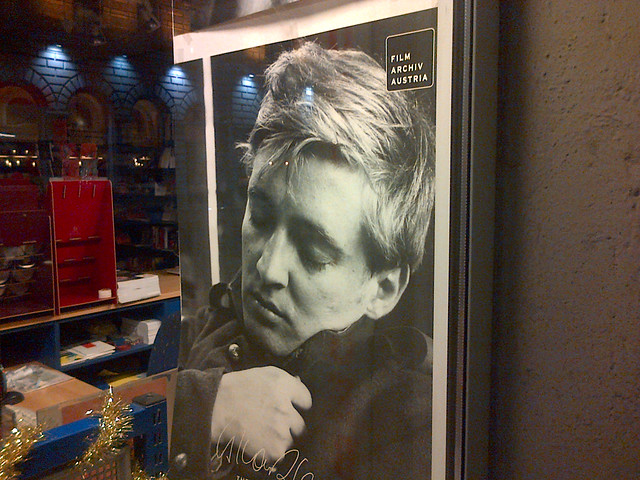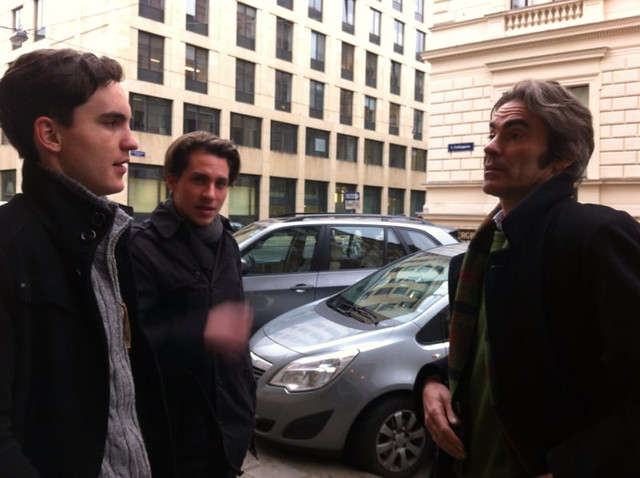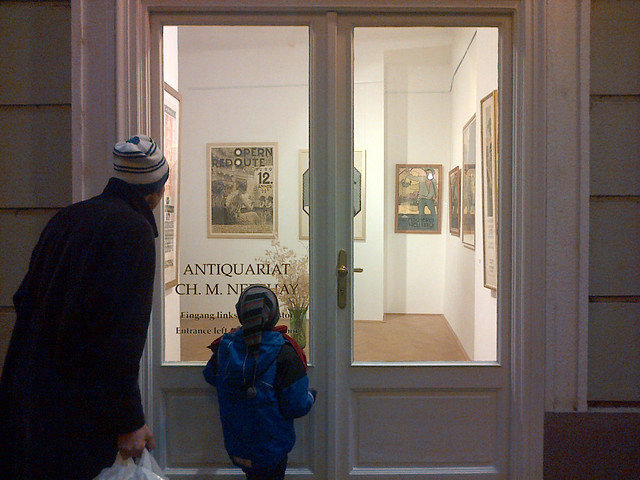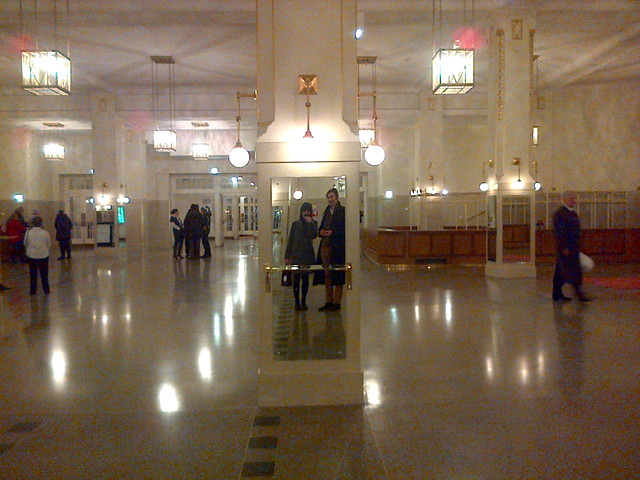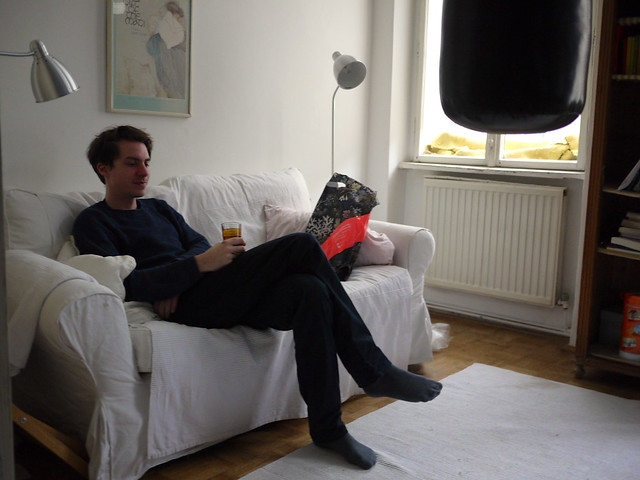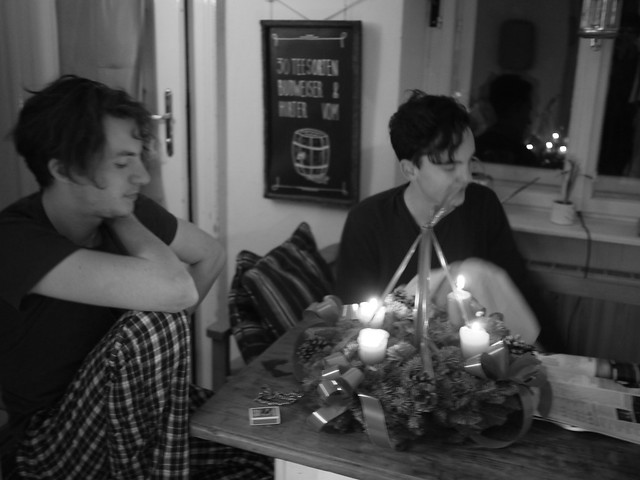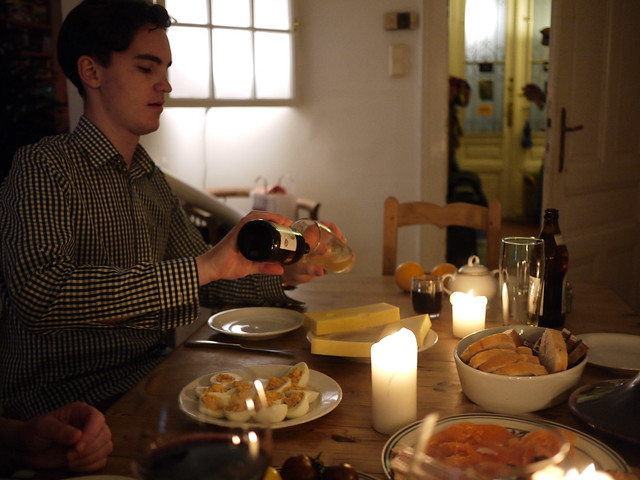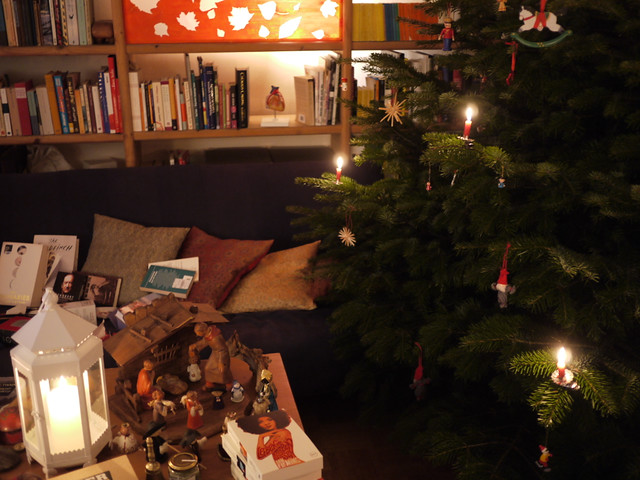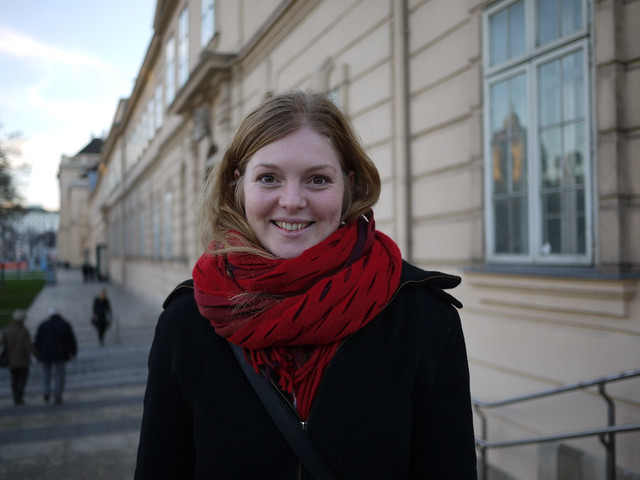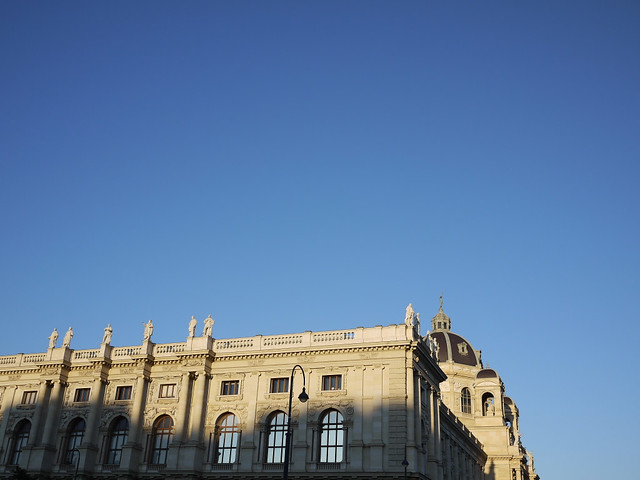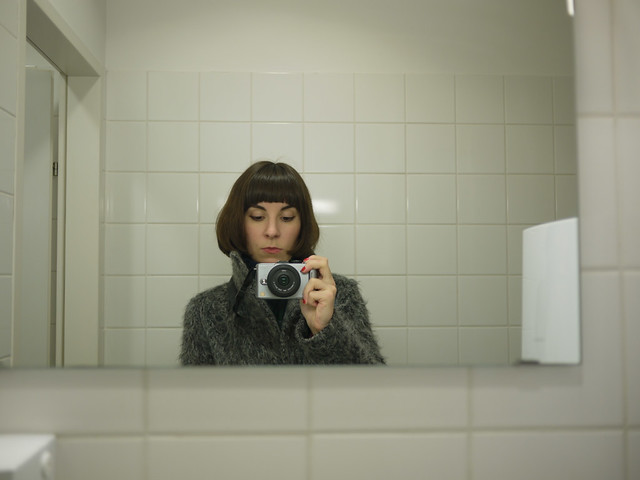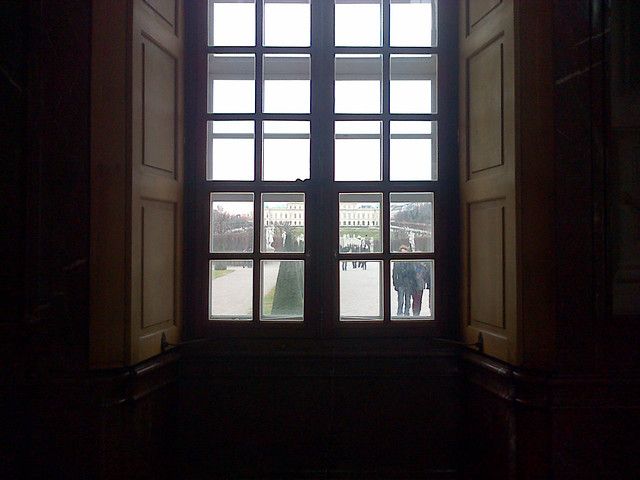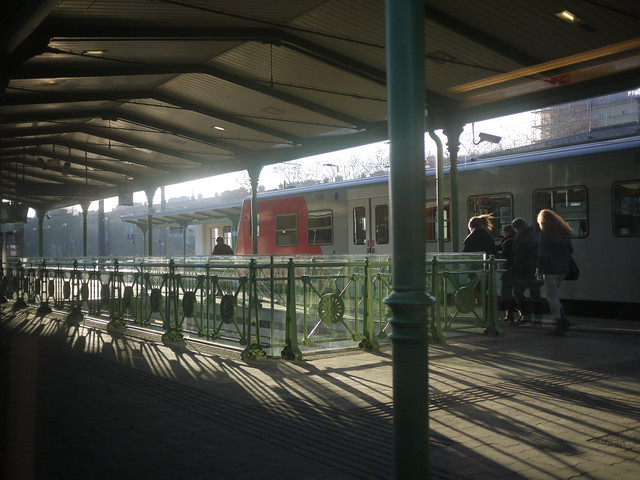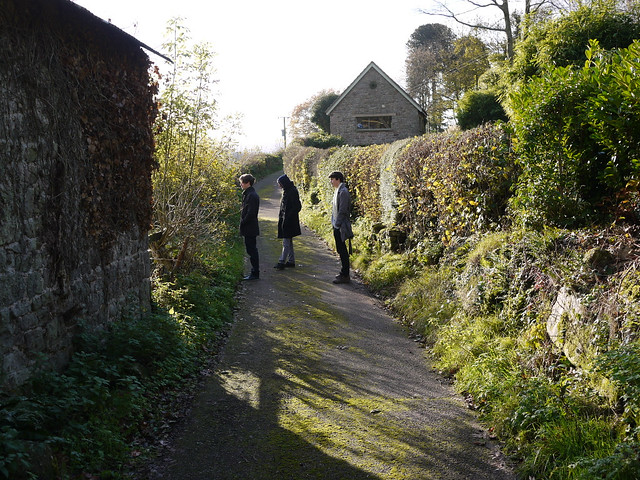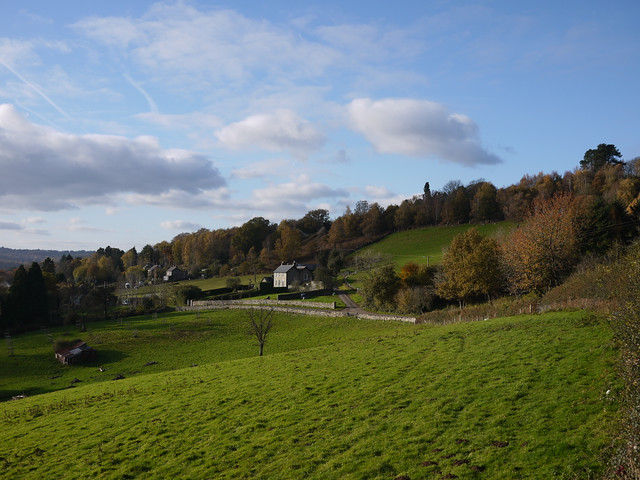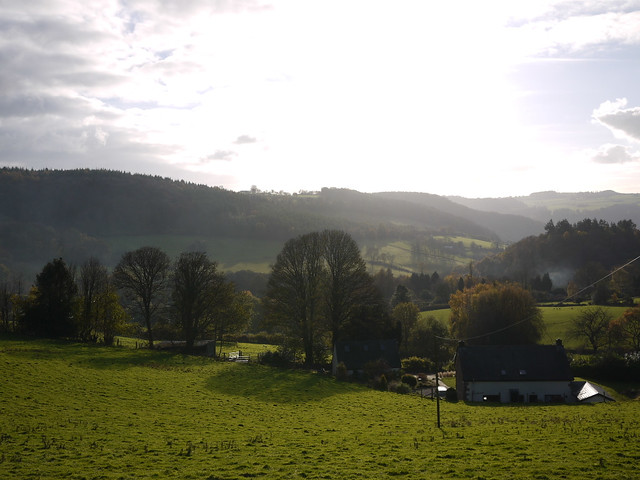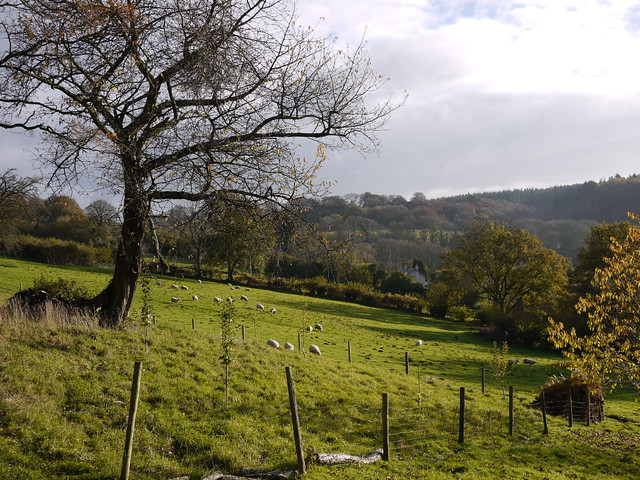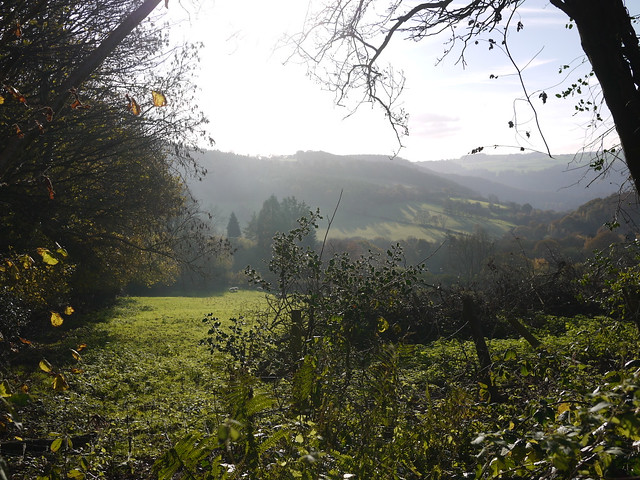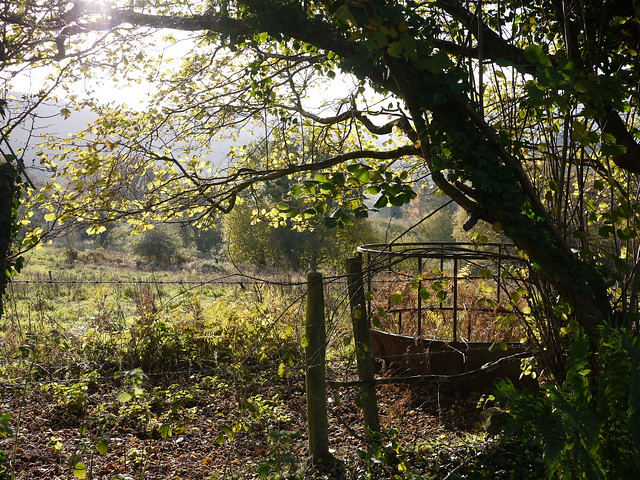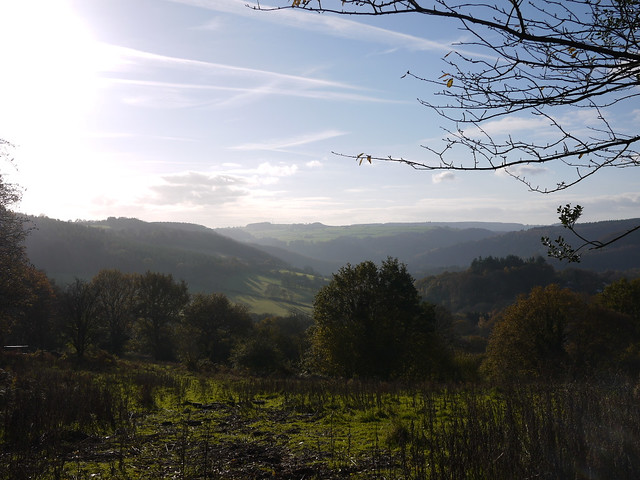August: I was back from holiday, back to what felt like the death of summer. I spent two weeks housesitting in Chelsea. For the first time since moving to London I cycled to work; after work I walked around or read. It felt like a different life. I spent a blissful weekend in the countryside reading A Little Life, after which I stopped reading novels for a few weeks. I ate berries and counted down the days until I could escape to Vienna for some summer heat.
Showing posts with label books. Show all posts
Showing posts with label books. Show all posts
Tuesday, 22 September 2015
Sunday, 1 February 2015
lately
Life! A few months ago I started taking Norwegian classes again. It immediately turned into the highlight of my week. I thought I'd find Thursday evening classes a bit much, but no! I love everything about it. The strangest thing about learning a language is that I keep being asked why, when it's really purely for pleasure. And for the thrill of accessing books and films in a different language, especially ones that usually don't make it to the Anglo-American or German market. It feels like being let in on a secret.
Wednesday, 10 September 2014
the good kind of transit
We had taken several trains around Italy, but in the weeks leading up to the trip I had been looking forward to this particular train journey the most - indeed it was the only ticket I had bought in advance, before I had even booked a flight to Italy: the train from Venice to Carinthia in Southern Austria, where I was planning to meet my brothers for a couple of days by the lakes and mountains.
There are few things that are lovelier than sitting on a quiet train - with a compartment to oneself! - and watching the mountains come closer and closer. Slowly, the landscape changed, from flat land to stark stony mountains, until it eventually turned into hills and mountains covered in deep forests. We drove through tunnel after tunnel, and every time I looked up, the landscape was more familiar. Everything was sweet and delightful: the small piece of peach cake that I had bought that morning in Bologna from a friendly baker, now crumbling; the guitar solo in the song I was listening to, ‚Impossible Germany‘ by Wilco; the books I was reading: ‚The Baron in the Trees‘ by Italo Calvino, which I had started reading on the train to Ravenna, and which I now finished on the train to Austria, having thoroughly enjoyed every single page; and ‚My Salinger Year‘ by Joanna Rakoff, which I had bought in Bologna. This was the perfect book to read on a trip that would include my attendance at a conference where I would represent my institution, a task that seemed daunting and made me feel both very young and very much in control. A book about a young woman trying to figure out what work, and life, is all about? Yes please. (It also felt like a Nora Ephron film turned into an autobiography, which is a definite plus.)
Monday, 14 July 2014
reading and holidaying
Pictures of a perfect June weekend in Vienna, packed with sun, football, Edmund de Waal's perfect installation in the Theseus temple, and so many loved ones.
Since my return to London I have been reading like I used to read as a teenager, reading to distract myself: The Paris Review (interviews with Alan Hollinghurst and Jeffrey Eugenides; short stories by Clarice Lispector; poetry); Eleanor Catton (The Rehearsal and The Luminaries); Asko Sahlberg's The Brothers ; Lukas Bärfuss' Koala; The Iliad; The Rime of the Modern Mariner by Nick Hayes.
I have started to read differently. Of the books listed above, Catton was the first New Zealand author (other than Katherine Mansfield, whom I always think of as British) I'd read; Sahlberg possibly the first Finnish author; Bärfuss the first Swiss author in years and years (and what a fantastic book it is - here's hoping it'll be translated into English); and The Rime of the Modern Mariner is only my second graphic novel, and, like the first, was given to me as a gift.
All new to me because in my heart of hearts I'm always secretly looking for the next Middlemarch. There are few things that I like more than a truly absorbing 600-page Victorian novel - no surprise then that I loved, loved, loved The Luminaries! I've been stuck in my ways for a long, long time. I've absorbed much of the English-language canon; I've read more in English than I have in German. Ironically, my job has made me much more aware of how difficult it is for German-language authors to get translated into English; how closed off and conservative the book market can be; how much we're missing out on. I am now determined to change my own reading patterns, to improve my foreign language skills, to seek out literature in translation.
And to seek out literature in languages that I can actually read (sort of), but never really practice. On this note: I'm off to Paris and Copenhagen for my first non-Austrian, non-UK holiday in over a year. Send any tips and recommendations my way (book-related or café-related or something else entirely). I'm mostly looking forward to tall apartment buildings, cafés that specialise in porridge, and long walks.
Saturday, 17 May 2014
look
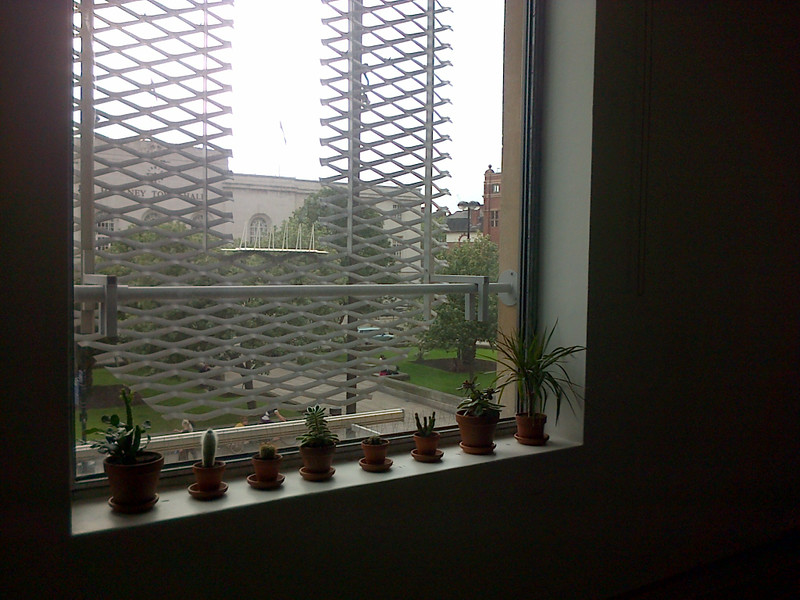
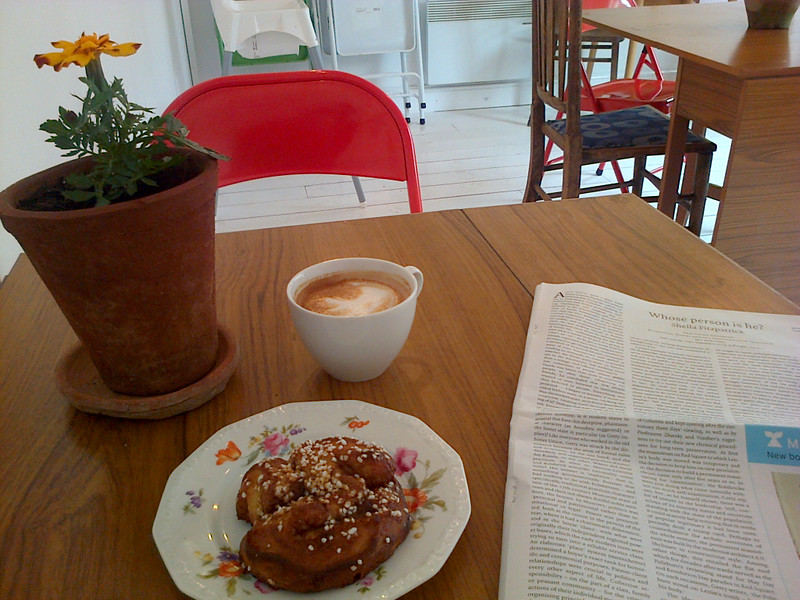
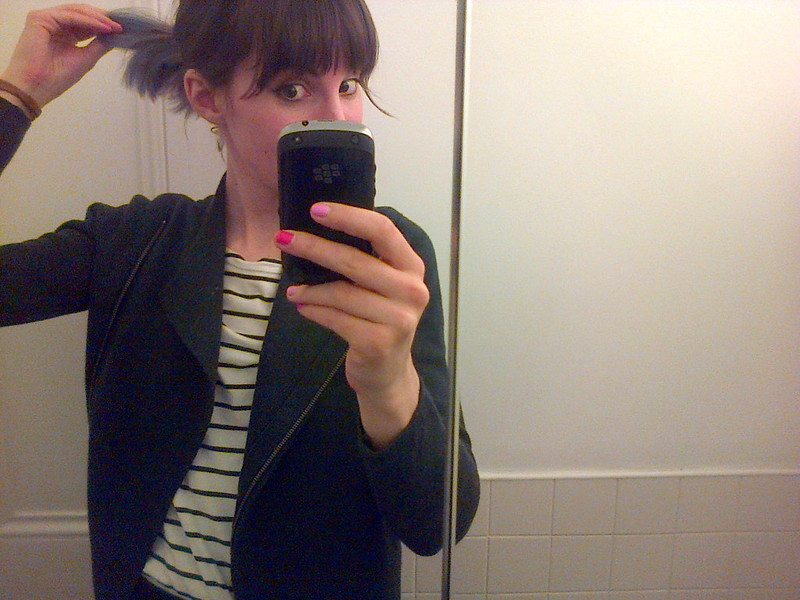
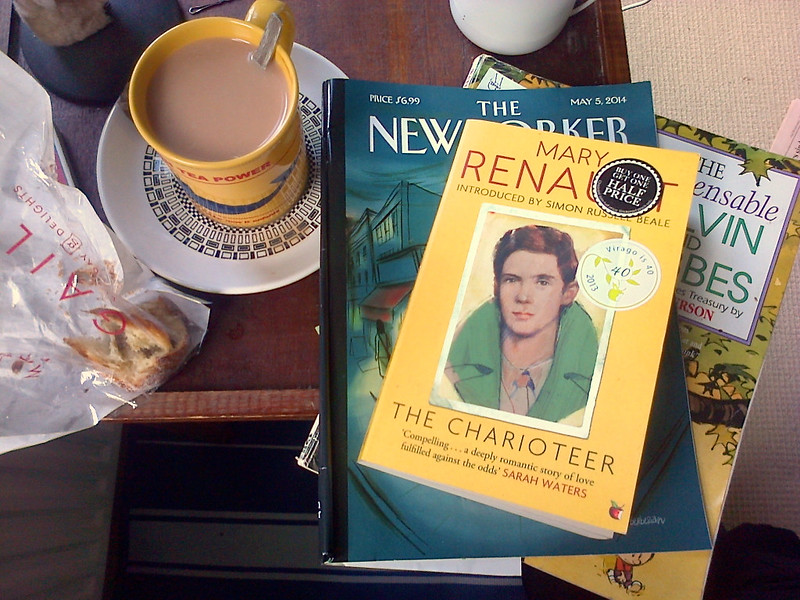
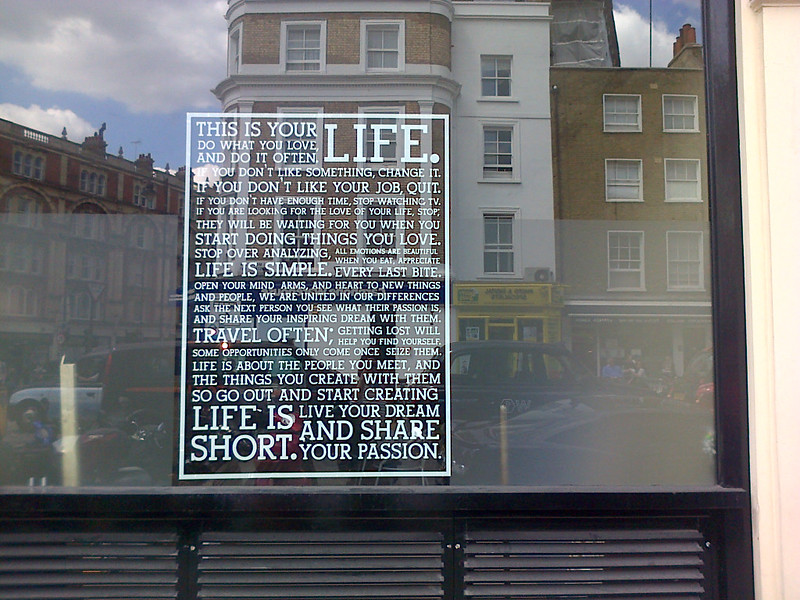
I guess life is just an endless stream of banalities, and much of the internet reflects that. It only acquires meaning when you personally connect with that person posting a picture of their cappuccino. My life is as banal, as boring, as everyone else's - possibly even more so. I send the boring pictures on my phone to Peter, to my brothers, my mum, my best friend. Look, this is my life. It's not exciting, but I thought of you.
Look, cacti live on the windowsills of the cinema in Hackney. I saw The Two Faces of January, I think you would have liked it, Viggo Mortensen is amazing, isn't he?
Look, a Swedish café opened not five minutes from where I live, I went there this morning and ate a cinnamon bun, can you imagine how happy that makes me, to have a local café that I love? The LRB had a couple of articles about Marxism, one of them trying to read the Iliad in a Marxist light, I rolled my eyes a lot and thought of how much you'd hate it, the scathing terms with which you'd tear the article apart.
Look, this is my face, my hair, it's blue, lilac, this is what I look like when I make new friends. We went to see The Drowned Man and I wanted to take a selfie for you to show you the mask I was wearing, but I think I'd rather take you to see it yourself. I thought I wouldn't like The Drowned Man, I wasn't sure about immersing myself, but I loved it.
Look, this is my reading material for this week, this is a good Sunday. I loved The Charioteer so much, so much that I failed at explaining to my friends why I loved it. As far as I am concerned it's a perfect novel, an extension or counterpart to Iris Murdoch's The Bell (which, as we all know, is my favourite book). The title refers to the Plato myth (souls, horses, etc.), and when I realised that was the case I sighed a tortured little sigh. Ignore the cover or the blurbs on it, read Rachel Cooke's review in The Guardian instead (which is why I bought it - although I disagree with her that "it sometimes seems overly preoccupied with ethics, with high-minded considerations of how a man might live a good and honourable life" - this is pretty much exactly what I love in a novel, give me all your high-minded considerations of goodness please! Maybe that's why I never warmed to most contemporary fiction.) Read this book.
Look, I printed out this poster for you once when you weren't sure about what to do with your life because sometimes simple messages help, even if they're cheesy, even if they feel like hipster self-help, even if they reappear in a shop window in soulless Knightsbridge.
Look. I'm not with you, but I'm thinking of you. I've been listening to this wonderful recording of Owen Pallett/Final Fantasy with the Radio Symphony Orchestra Vienna all week, a concert that I attended. It's beautiful, a real treat, and it will make you feel things.
Friday, 11 April 2014
the end of winter
I have been absent. In London, mostly. Physically. Feeling a little discouraged, a little directionless, a little lost, a little sad. But at least it's spring and there are daffodils everywhere. Outside my window in the local park in Walthamstow the trees are in bloom. Yesterday I didn't wear tights, and last week I sat in the park after coming home from work. It was still warm, and I read my book in the sunshine and felt almost happy.
I've been reading A Song of Ice and Fire (the book series that Game of Thrones is based on) for the last month and a half. I just finished the (for now) last book in the series yesterday. I had never watched the TV show and never planned on watching it or, god forbid, read five massive books of a fantasy series. But then I read this fantastic article in the London Review of Books a year ago, and that was it. It was like a challenge. A very convincing challenge. In the article, John Lanchester argues that fantasy as a genre is unpopular with the general reader, and that it is unlike other genre literature which does, occasionally, produce massive bestsellers that are loved by the general, genre-averse readership. Lanchester further shows how A Song of Ice and Fire actually works with and undermines the tropes of its own genre.
In February I found a cheap copy of the first book in a charity shop: a copy that had a picture of a gloomy Sean Bean on the cover. I didn't even know that Sean Bean played a character in the tv show - if I had known, I might have started watching it years ago! I was half-hoping that I'd hate the book, or that it would be a cheap thrill. That one book would be enough and I'd go back to Victorian novels, Roman autobiography, or books about sad teenagers. Instead, I kept reading. My commute improved immeasurably. I like what Iris Murdoch called 'a jolly good yarn'. I also like long books, epic tales, complex character arcs, and feeling emotionally involved with what I'm reading. So reading thousands of pages about a made-up world obviously suited me very well. I read many books that are beautifully written pieces of art, but many of those have predictable plots, or hardly any plot at all - which, incidentally, is one of my main problems with much German-language literature.
Conclusion: Read John Lanchester's article, ignore the tv show (I've watched it since - utterly banal and boring compared to the books, not to mention the women-as-props issue), read the books. Especially if you have a long commute. I ended up looking forward to spending 40 minutes on the tube because it gave me uninterrupted reading time.
On a completely unrelated note: If you're in London in the coming months, you should check out Phyllida Barlow's installations at the Tate Britain. I saw it a couple of weeks ago and loved it.
Sunday, 29 December 2013
childhood
I was thinking about the books I've read this year, but it's hard to remember them all. Some of them are in my room in London; some of them are on my brother's bookshelves; some of them are in boxes. I've read some books I liked, I read some books I didn't like, and strangely the story I remember best is the one I read on the bus every morning, right after I moved to London: Stefan Zweig's Scharlach (Scarlet Fever), in which the young protagonist feels so alienated after moving to Vienna, so out of place.
Right now, I'm devouring Donna Tartt's latest novel, The Goldfinch. She does something which I admire immensely: make a child's life appear three-dimensional, entirely convincing. Some of my favourite novels are about children. I worked with children for years, I like them and think they're interesting. But more than that, I often think that it must be incredibly hard to write a good book with a young protagonist, because none of us really remember what it's like to be a child; we re-create childhood via other media, via observation, films, photographs, the stories we're told about what we were like when we were little. Most authors that I like manage to create very convincing worlds and characters (I hate one-dimensional characters, which makes it harder and harder for me to enjoy (some) Victorian novels), but to capture what I imagine childhood to be like seems almost impossible.
Anyway. Here's are some novels and short stories about children and young people. They're all fantastic, and most of them are a bit strange. Short stories that I liked are Ali Smith's The World with Love and Francis Wyndham's Obsessions. My favourite novels with young protagonists (all quite sad, really) are G.F. Green's In The Making, Elsa Morante's L'isola d'Arturo (Arturo's Island) (my brother and my mother loved this as well, it's wonderful), Jamie O'Neill's At Swim, Two Boys, and L.P. Hartley's The Go-Between (obviously).
Honorary mentions to Penelope Fitzgerald's The Blue Flower and Thomas Mann's The Buddenbrooks for featuring really memorable child characters, even though they're not the main protagonists. My favourite books about children, written for children, are Astrid Lindgren's Kalle Blomkvist and Tonke Dragt's De brief voor de koning (The Letter for the King). I actually feel sorry for children who grow up without Astrid Lindgren's books. I'm not sure they're for children, necessarily... The Brothers Lionheart still makes me want to cry into my cocoa. And Rainer Maria Rilke's Kindheit (Childhood) is one of my favourite poems.
Sunday, 1 December 2013
above Tintern
On Monday we drove to Tintern Abbey. We stopped for one last walk. The view! God, how I miss that. In Vienna I lived close to the hills. Observing the city from one of the wooded hills always calmed me down immensely. The city, the hills, the forest, the fields where the city ends.
On Friday we had a lunchtime concert at work. I didn't really know the work of Wolfgang Rihm before (contemporary classical music is not exactly one of my strengths), but his waltzes are wonderful (and not very contemporary-sounding). I sat on the stairs - anxiously hovering in the background is basically all I do during our events - and breathed deeply. Another long week.
I'm currently reading The Blue Flower by Penelope Fitzgerald. Fitzgerald was new to me when I came upon an essay by Frank Kermode about her oeuvre, but I've since read countless articles about her, mostly because her biography has just been published. The Blue Flower is wonderful, though I'm not sure whether I'd like it as much if German wasn't my first language. Part of its charm, for me, is that Fitzgerald imitates the syntax and oddities of German. I'm usually not a great fan of writers including single words in a foreign language (the occasional merde or halt) to signal that their characters are speaking a language other than English, but it works here. I wonder how one would translate this book into German. Translating has been on my mind a lot recently, and I realise that I'm more and more apprehensive about the whole issue. I see the time and effort that classicists put into their translations, I see them argue about single words and their meanings, and it makes me wish that every translation from French, German, Norwegian was published with extensive footnotes, or in bilingual editions.
This year I've read more 20th century fiction than ever before. Possibly more than I've ever read, in my whole life. How odd.
Subscribe to:
Posts (Atom)

